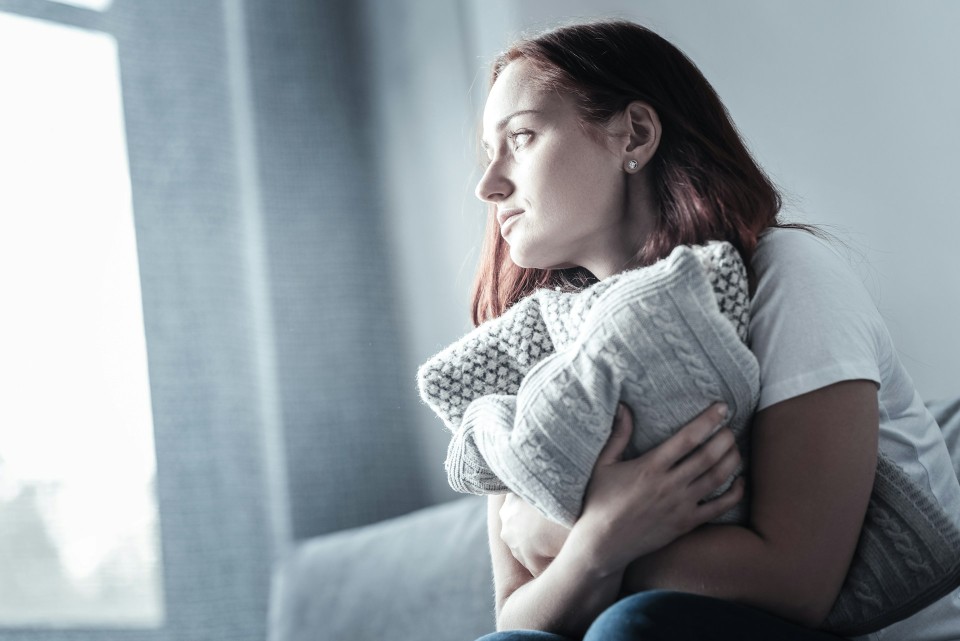The Silent Grief of Pregnancy Loss
Pregnancy loss is the most common reason for losing a baby during pregnancy. It occurs in up to one in every four pregnancies. If it happens before 20 weeks of gestation, it is typically referred to as a miscarriage, or spontaneous abortion, whereas babies who die 20 weeks or more into the pregnancy are considered stillbirths. There is a unique pain that comes from preparing a place in your heart for a child that never comes – David Platt. A Grief Often Minimized and Misunderstood Most pregnancy losses happen during the first trimester. Because of this risk, many couples choose not to announce their pregnancy until after the first trimester, and as a result, if they do lose their baby during this time, they wind up mourning their loss in private without anyone else being aware of it, and their grief remains silent and unspoken. Even loved ones who may know about it don’t usually recognize the depth of their pain. Pregnancy loss tends to be minimized, misunderstood, and considered less significant than the death of a live person by our culture. Because it is a loss that is not visible to others or does not fit the norm, it is often not openly acknowledged, publicly mourned, or supported. Whereas losing a child, for instance, is commonly acknowledged as one of the most heart-wrenching experiences imaginable, pregnancy loss is more likely to be reacted to with an indifferent shrug, leading you to feel shame and inadequacy along with your anguish. There are no established rituals for mourning pregnancy loss, no traditional observances or other supports that typically accompany loss, no funeral, memorial service, or grave to visit, all of which make it especially hard to process and work through your grief. What Makes Pregnancy Loss Unique One of the [...]






